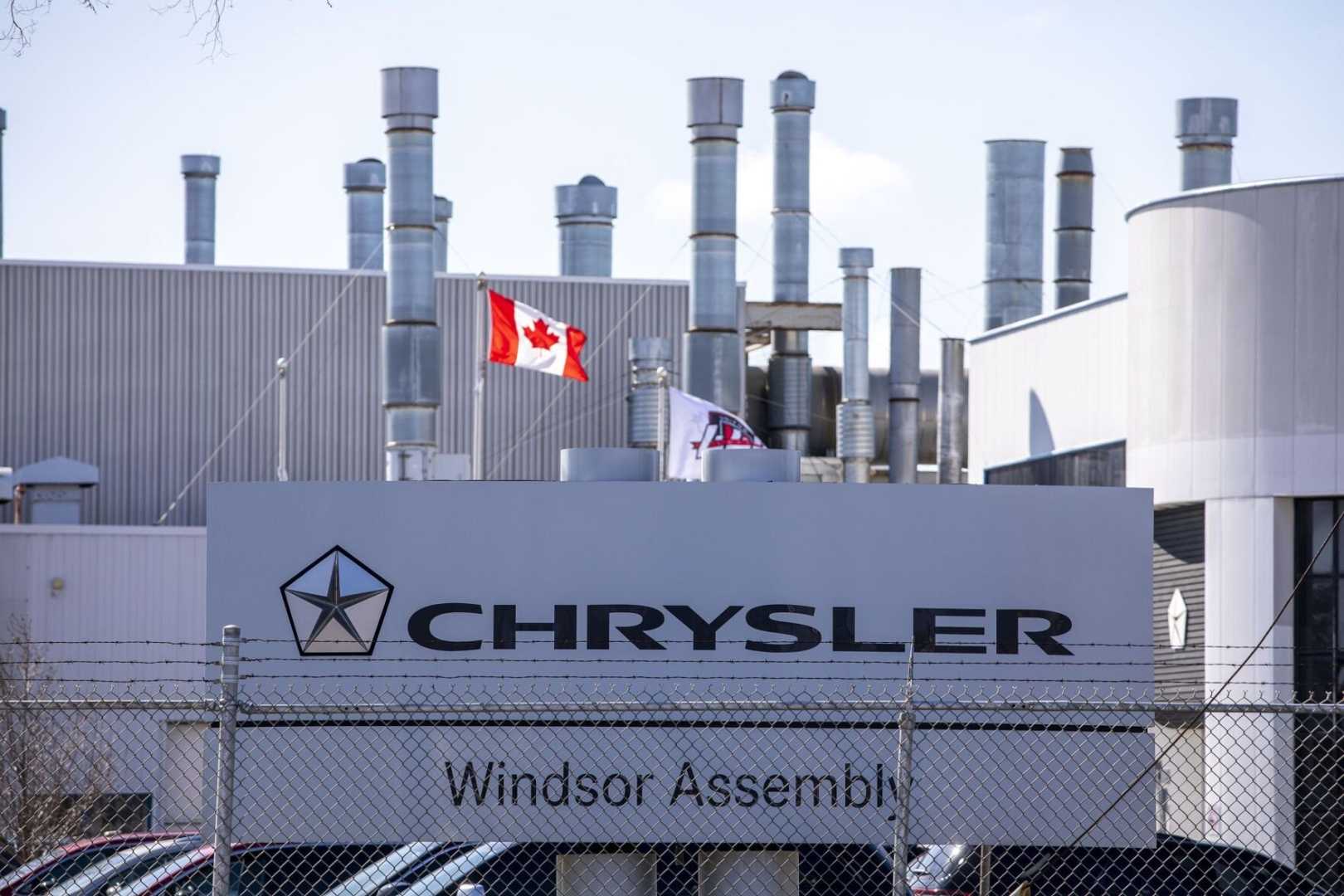Business
Stellantis Halts Production at Canadian, Mexican Plants Amid Tariff Uncertainty

DETROIT — Stellantis is suspending production at its Windsor Assembly Plant in Ontario and its Toluca Assembly Plant in Mexico, effective Monday, due to new tariffs imposed by the U.S. government. The paused production is expected to lead to about 900 temporary layoffs at supporting U.S. facilities, as well as approximately 4,500 workers at the Canadian site.
The decision comes as President Donald Trump’s new trade policies, which include a 25% tariff on imported vehicles and parts, took effect on Thursday. Antonio Filosa, Stellantis North American chief, outlined the company’s strategy in an email to employees, indicating that the situation necessitates immediate action to mitigate the impact.
“We are continuing to assess the medium- and long-term effects of these tariffs on our operations, but have decided to take some immediate actions,” Filosa stated. “These actions will impact several of our U.S. powertrain and stamping facilities that support those operations.”
The Windsor plant primarily manufactures the Chrysler Pacifica minivan and the Dodge Charger Daytona electric vehicle. Meanwhile, the Toluca plant produces the Jeep Compass and the Jeep Wagoneer S electric SUV. Employees at the Mexican plant will continue reporting to work, though they will not be involved in vehicle production due to contractual stipulations.
As part of the tariff review, some U.S. facilities that contribute to production at the idled plants will also experience temporary layoffs. Stellantis will implement these pauses at its stamping facilities in Warren and Sterling Heights, Michigan, and the Indiana Transmission, Kokomo Casting, and Kokomo Transmission Plants.
The pause on production at the Windsor facility will last two weeks, while operations at Toluca will cease throughout April. Jodi Tinson, a Stellantis spokeswoman, confirmed that the decisions were made in response to the immediate challenges posed by the new tariffs.
Filosa reassured the workforce, indicating that recent sales data shows growth potential: “We’ve seen consecutive monthly market share growth since January, and both the Jeep and Ram brands saw their best U.S. retail sales month of the year in March.”
Stellantis’s North American strategy is facing considerable pressure due to these trade changes. Analysts project that the automaker’s earnings might fall significantly as it adjusts to the new tariff landscape, which could hinder its competitive edge in the U.S. market.
The temporary halts have raised questions about longer-term adjustments within Stellantis, which has been heavily reliant on production in Canada and Mexico. According to estimates, earnings before interest and taxes (EBIT) could drop substantially under the current tariffs.
As the auto industry closely watches Stellantis’s moves, the company is faced with balancing operational adjustments while ensuring profitability and market presence.
This is a developing story; more updates will follow as new information becomes available.












